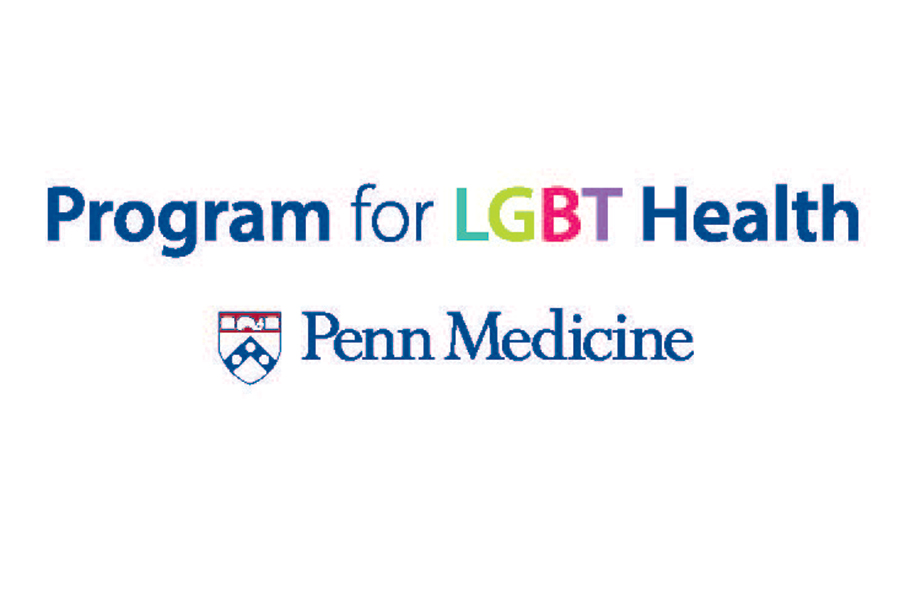Penn Medicine will celebrate National Coming Out Day with a series of panel discussions led by out hospital staff to address ways to support LGBTQ-identified medical professionals.
The events will take place at three of the University of Pennsylvania’s hospital locations throughout the city. Employees are encouraged to “hear a panel of peers discuss their experiences being out as LGBTQ people and the importance of an inclusive, diverse and supportive work community.”
Penn Medicine established the LGBT-health program in 2013 to provide the community with specialized primary care. Since then, Penn has incorporated preferred sexual-orientation and gender-identity data into medical charts used throughout its entire healthcare system. This month, healthcare professionals will provide education to increase competency around language and assist with raising awareness around LGBTQ patients and their needs.
Rosemary Thomas, associate director of Penn Medicine’s program for LGBT health, said LGBTQ competency is vital when assisting patients. Penn is making more of an effort to support LGBTQ employees, she added.
“In the last year, we started to shift some of our work on how we can support employees. We’ll continue to do all the work that we do to increase access to care, quality of care and patient satisfaction, but I think this is a component that’s also really important,” said Thomas. “Allies and people who don’t identify as allies can come in and learn from their colleagues from their experiences about what they can do to continue to improve and create a supportive and inclusive environment.”
Kurt Palumbo, a physician’s assistant at the Hospital of the University of Pennsylvania, will be a featured panelist. Penn is an open place, especially for queer people, he said.
“At my old job, something like this would have never taken place. I’m able to be my most authentic self and it takes away any barriers that I might be feeling at work. I’m able to function at my best,” he said. “This will show other people that they can be open and out, that it’s OK to be queer and be out at your job. We want to promote that narrative, especially in this political climate.”
The Penn Pride group was also established in 2013 to increase LGBT visibility within the hospital. Penn Medicine’s transgender patient-advocate program, for example, assists trans-identifying patients with finding appropriate providers, scheduling appointments and ensuring trans competency in patient care.
Lauren Iannotte, clinical-research coordinator at the Perelman School of Medicine who identifies as nonbinary, said it’s important for hospital workers “to see that their colleagues are also LGBTQ.”
To know someone from the community automatically reduces the instances of discrimination, Iannotte said. “This can be the first step to show actionable ways people can support queer and trans people and what being an ally really looks like.”
The panel discussions will take place at the Hospital of the University of Pennsylvania Oct. 10, Penn Presbyterian Medical Center Oct. 18 and Pennsylvania Hospital Oct. 19.
